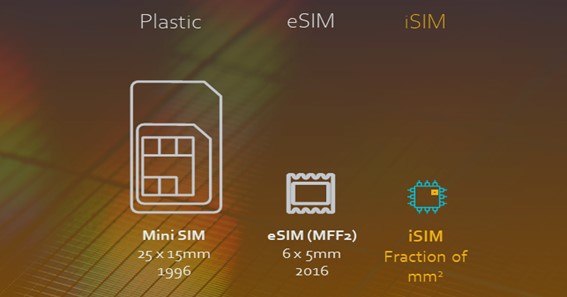eSIMs – gotta admit, the whole “embedded SIM card” thing sounds kinda futuristic. Like something out of a sci-fi flick, right? But it’s actually here now as more of us get phones with built-in eSIMs instead of old school physical SIM cards. Pretty cool tech!
There’s always a catch though. With all this new tech, you gotta wonder – is it actually safe? I mean, we’re talking personal data here. Don’t want that falling into the wrong hands and stuff. Always choose the best eSIM for Europe at SimCorner
Data protection and privacy
Especially over in Europe, you’ve got governments really watching this tech closely. And for good reason! EU takes data protection and privacy mad serious compared to other places (lookin’ at you, Facebook).
So let’s dive into the world of eSIMs and what’s happening to keep European consumers and their data protected. This is kinda complex, but I’ll try to lay it out in simple terms because security stuff can get confusing fast.
First up – how exactly are eSIMs different than regular SIM cards when it comes to security risks?
Well, traditional physical SIM cards contain all the important info to identify you on the network. So someone would need that actual tiny card to steal your identity and get access. With eSIMs, that data lives inside your phone instead of a removable card.
On one hand, that makes eSIM data more vulnerable since it can’t just be physically pulled out of the phone. But it also creates a chance to add extra layers of security compared to old SIM cards. See the difference?
Now here’s where things get tricky…eSIM profiles are stored on the network side too so they can be remotely updated. This is handy for managing plans and connections on the fly. But in the wrong hands? Yikes…that could let hackers hijack eSIM profiles by exploiting over-the-air updates. No bueno!
Specs matter
Thankfully, the EU is totally on top of this challenge. They recently introduced new regulations called the eSIM Compliance Specification. Real creative name, huh?
Here’s the key protections this spec aims to guarantee across all eSIM tech in Europe:
– Encryption of eSIM profiles while stored on networks’ servers. Prevents remote hacking of profiles.
– Secure authentication when profiles are downloaded and installed on a device. Confirm it’s really you!
– Allowing only one active profile per eSIM to avoid identity duplication.
– Built-in eSIM profile blocking to lock out any unauthorized profile access attempts.
Pretty solid ways to close those security gaps! The spec also checks if eSIM hardware has vulnerabilities itself that need addressing. Can’t just secure the data itself – the hardware holding it matters too.
The compliance is optional this year, but networks are strongly encouraged to adopt it fast. And by next year, it becomes mandatory across the EU. Sweet!
There’s other moves in the works too, like enforcing protections against SIM swapping attacks. The key is the EU and networks staying ahead of emerging eSIM threats. Can’t just play defense, ya gotta predict risks before they become real.
What’s it all mean for you as a consumer? You can feel confident networks are locked down to keep eSIM data like call records, location info, and other identifiers safe from prying eyes. Still need to smart with security on your end too of course! But the layers are there.
Wrapping up
So while eSIM tech raises new security questions, sounds like EU’s got our backs. And when it comes to privacy, that’s something Europeans can feel pretty darn good about! Those regulators don’t mess around.
Alright, let’s wrap this up…
– eSIM profiles have risks if stored/transmitted insecurely
– EU’s eSIM compliance spec aims to lock it down
– Extra layers of encryption, authentication, profile controls
– Networks strongly pushed to adopt protections
– More assurances for consumers against data misuse
And that in a nutshell is the deal with eSIMs and security! Not perfect yet but headed in the right direction to keep our data safe. What a world, huh? Exciting times we live in. Just gotta keep innovating – with our privacy in mind!
